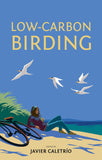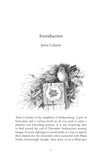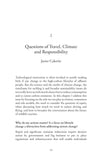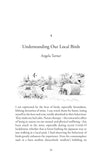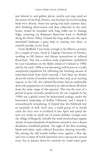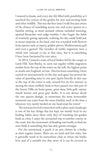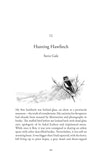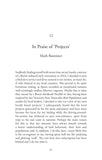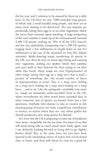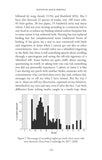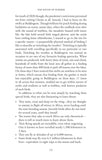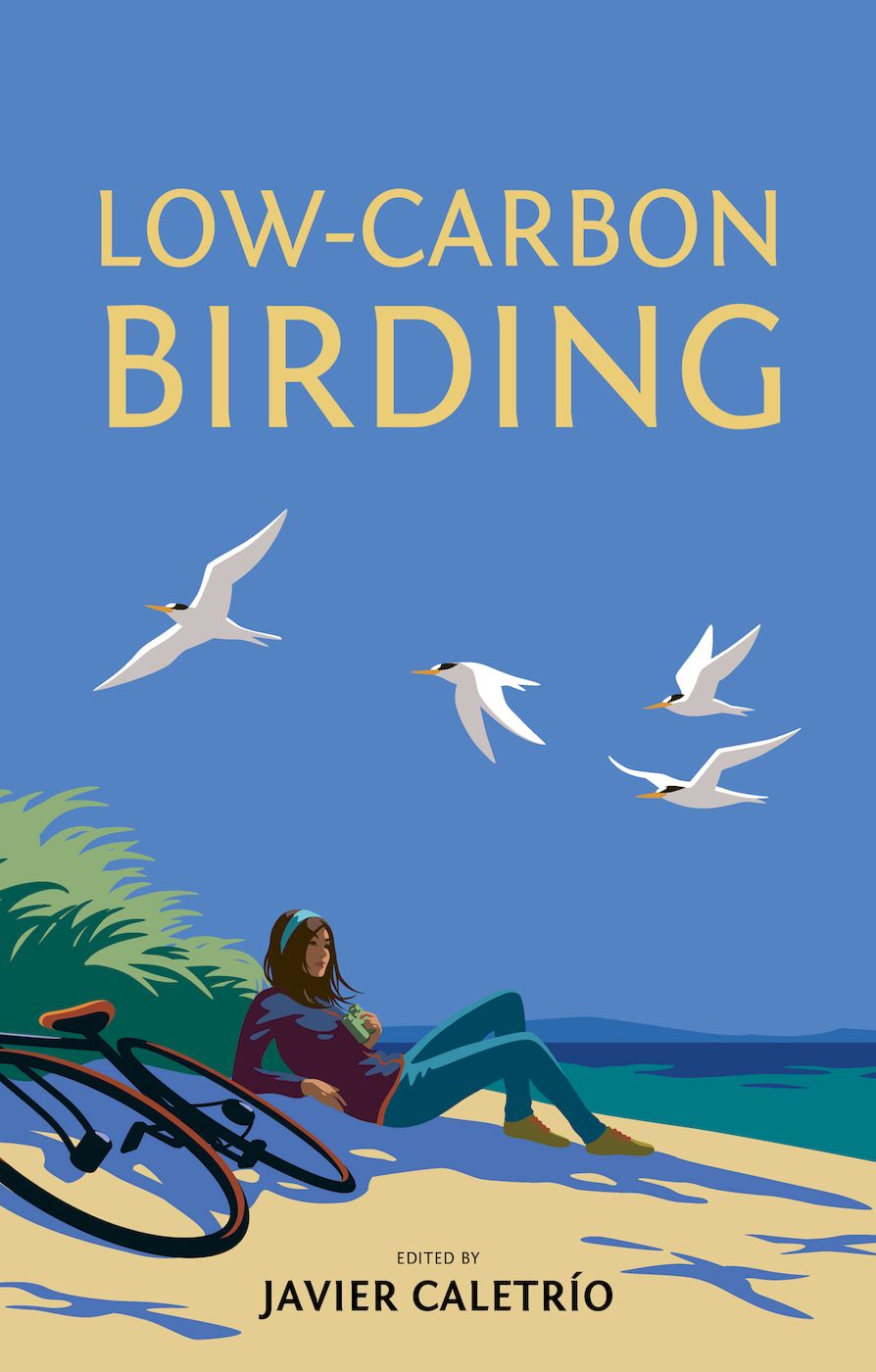
Low-Carbon Birding
- Offers a clear and irrevocable rationale for a low-carbon approach to birding
- Wide range of contributors provides varied insights and enthusiasm
- Fascinating stories and anecdotes about species both rare and familiar
- Adapting our way of life in response to the climate crisis is now a responsibility, not a choice. This readable and inspirational title shows that, with just a few changes to the way we go birding, from local patching to taking the train for holidays abroad, it’s possible to continue enjoying the hobby that we love in a carbon-responsible manner.
—Stephen Menzie, Editor of British Birds
- birding
- birds
- birdwatcher
- birdwatching
- low-carbon
- ornithologist
- ornithology
Description
Best Bird Book of the Year 2022 - BTO and British Birds
Birdwatching in Britain has grown increasingly dependent on burning fossil fuels. Regularly driving long distances to birding hotspots and frequent flying to see exotic species are seen as perfectly normal. In the face of the climate crisis, however, a growing number of birders are reassessing the way they enjoy and study birds. In this timely book, 30 contributors—from young birdwatchers to professional ornithologists—explain why and how they are shifting to climate-friendlier approaches. Low-carbon birding, they argue, is a legitimate and valuable way of enjoying birds. Furthermore, in itself this can bring many joys, some of them unexpected.
From first encounters with hawfinches to focusing in on birdsong, from the Kalahari to the Hebrides, the stories told here are not about heroic efforts to save the planet. They are simply accounts of everyday humanity in unprecedented times—ordinary people with doubts and concerns about how to live a decent life and act responsibly in a rapidly warming world. The authenticity of their voices is a testament to the moment of awakening to the climate crisis in British ornithology. Above all, Low-Carbon Birding is an urgent call for birders to leave a better legacy in the skies and across the living world.
DOI: 10.53061/EPEA5466
Table of Contents
Contributors
Foreword Mike Clarke
Preface
Acknowledgements
Introduction Javier Caletrío
1 Are We Addicted to High-Carbon Ornithology? Javier Caletrío
2 Questions of Travel, Climate and Responsibility Javier Caletrío
3 The Seven Cs of Patch Birding Nick Moran
4 Understanding Our Local Birds Angela Turner
5 Long-term Local Science Ben Sheldon
6 The Perpetual Patch Roger Emmens
7 The Long Rhythms of a Place José Ignacio Dies Jambrino
8 A Life of Local Birding Matt Phelps
9 The Joys of Patch Birding Maria Scullion
10 A Patch Year David Raffle
11 Hunting Hawfinch Steve Gale
12 In Praise of ‘Projects’ Mark Bannister
13 The Backyard Jungle Finley Hutchinson
14 My Patch and the Plastic Problem Siân Mercer
15 Eleventh-Hour Birding Simon Gillings
16 Listening Again to Birdsong Dave Langlois
17 The Sound of Summer Arjun Dutta
18 Birding in the Yorkshire Dales Steve Ward
19 TG42 Tim Allwood
20 Shrikes from the Bike Dave Langlois
21 The Best Kind of Golden Oriole Gavin Haig
22 From Angst to Tranquillity Jonathan Dean
23 Redrawing My Birding Horizons Sorrel Lyall
24 Island Holidays by Train Amy Robjohns
25 Lammergeyers from Leeds Jonnie Fisk
26 Bringing Birding Home Nick Acheson
27 Little Steps, Big Difference Steve Dudley
28 Climate and the Cuckoo Calendar Lowell Mills-Frater
29 Climate Change in the Kalahari Amanda Bourne
30 Unsettling Journeys Kieran Lawrence
31 Witness to Extinction Alexander Lees
Afterword
Notes
Index
Reviews
- This is a pioneering collection that asks difficult questions of the contemporary culture of high carbon birding. It presses all birders to reimagine their hobby in an era of climate emergency, travelling less and travelling differently. In doing so, the collection offers the prospect of new ways of enjoying birds and the new pleasures that can come from low-carbon ornithology.
—Professor Sean Nixon, author of Passions for Birds: Science, Sentiment and Sport - These thought-provoking and fascinating personal stories offer inspiration for how we can all stay local to enjoy birds.
—Ed Drewitt, author of Raptor Prey Remains and Urban Peregrines - This book will be contentious for some, but future birders may wonder why it took until 2022 for it to be written. Highly recommended.
—Ian Carter, Author of Human, Nature and Rhythms of Nature - Adapting our way of life in response to the climate crisis is now a responsibility, not a choice. This readable and inspirational title shows that, with just a few changes to the way we go birding, from local patching to taking the train for holidays abroad, it’s possible to continue enjoying the hobby that we love in a carbon-responsible manner.
—Stephen Menzie, Editor of British Birds - It is inescapable that all of us must now search for ways to rapidly reduce our carbon footprint. This plays especially on the conscience of nature-lovers, who are already seeing the effects of a rapidly changing climate on the natural world around us. Javier Caletrio is mild-mannered yet persuasive in his promotion of low-carbon birding and, as this collection of inspirational chapters proves, the example he sets is spreading fast among birders determined to do better for the planet.
—Josh Jones, Birdwatch magazine and BirdGuides.com - A wonderfully diverse collection of first-hand views and experiences of low-carbon birding that encourages all of us to rethink how we value and engage with the world around us.
—Professor Juliet Vickery, CEO British Trust for Ornithology - This is a welcome book, dealing, as it does, with an important issue for those of us who are birders... Things are certainly changing and I am confident that they will change ever more quickly. This book is an important contribution to that change.
—Mark Avery, author and environmental campaigner - This book, for the most part gently, encourages us to look at all we do and find ways to reduce our carbon footprint, especially when it comes to indulging our avian pleasures. There is much here to enjoy, follow and learn from.
—Fatbirder - ...this is an excellent book – controversial, engaging and deserving of the widest possible readership.
—James Wright, RSPB Book Club review - The book is a collection of essays from a variety of writers, many of whom will be familiar to Birdwatch readers… they represent what people ‘on the ground’ are doing to lessen their own carbon footprint and by doing so give us all workable ideas for doing the same.
—Rebecca Armstrong, Birdwatch - The book makes an interesting and thought-provoking read.
—John Miles, birdwatching.co.uk - If ever there was a book for our time, this is it. Javier Caletrío has called out the practice of fossil-fuelled, high mileage birding for what it is; a gross hypocrisy... The fact is, the birds we travel to see won’t be there unless we act now. Read this book, and then talk to your friends about the issues it so eloquently raises.
—Simon Bates, British Ecological Society - The title does not shy away from the harsh reality of climate change and the challenges faced; there is a sense of urgency with the topics addressed in this book. But there is not a sense of despair. Within its 31 chapters, there can be few people who won’t find something positive to inspire them in their birding – and their life in general.
—British Birds - With so many contributors sharing their real stories of transformation, Low-Carbon Birding is a thought-provoking read for anyone interested in reducing their carbon emissions.
—Jenny McKee, Audubon - Low-Carbon Birding is a joy to read....take a few hours to read this amazing book and make 2023 the year of reinventing your way of birding.
—Vincent Stork, Dutch Birding - It belongs on the bookshelf - or better yet, in the bicycle bag - of all birders, whether they are already low-carbon birders themselves or are just beginning to explore this perspective.
—Jans Daniels-Trautner, Der Falke - ...what does it mean to be a birder in the age of extinction? What is a life list worth in the face of a climate crisis? Can conservation and travel coincide? Enter Low-Carbon Birding, edited by Javier Caletrío. This collection of over 30 essays by a slate of concerned writers bluntly, yet elegantly, answers these questions and provides a blueprint for how birding can evolve to protect the species we have left.
—Rebecca Minardi, American Birding Association - A timely reminder to us all... these essays show how increasing numbers of birders are shifting their approach to one that is low in carbon but high in reward.
—Mike Toms, BTO News - This book opens a new perspective for anyone concerned about their carbon footprint, who no longer want to be in a permanent race and who can thus combine physical exercise and passion!
—Philippe J. Dubois, Ornithos - Ecological economists can find rich inspiration from the captivating case of birdwatching, which can serve as a valuable basis for further studies of environmental values, degrowth, nature connectedness, and political ecology. Ultimately, this book can be seen as a degrowth manifesto that reveals problems with the increasing economisation of nature and the commodification of the birdwatching experience.
—Jakub Kronenberg, Ecological Economics - … this is not a book about a dreary life of self- denial, but about a more sustainable refocusing of our engagement with and enjoyment of birds.
—Barry Gray, IBIS - The Valencian economist Javier Caletrío has edited a book of advice on ornithological tourism with a minimal carbon footprint. He recommends trains for longer distances and a bicycle for shorter ones.
—Quercus, Spain - ... a powerful and timely contribution to the debate on the need for all of us to consider our own carbon footprint, and what we can do to reduce it.
—Stephen Moss
About the Author
Javier Caletrío (editor) is a birdwatcher and researcher on sustainability transitions and public perceptions of environmental change. Other contributors include individuals with a wide range of backgrounds and experiences, from seasoned patch birders to novices enjoying the freedom afforded by cycling and the pleasures of train travel.Bibliographic Information
 276 pages
276 pages - 7 black and white illustrations
- BISAC NAT043000, SCI024000, SCI070040, SCI092000, NAT004000
- BIC PSVW6, WNCB, PHDY, RNPG






